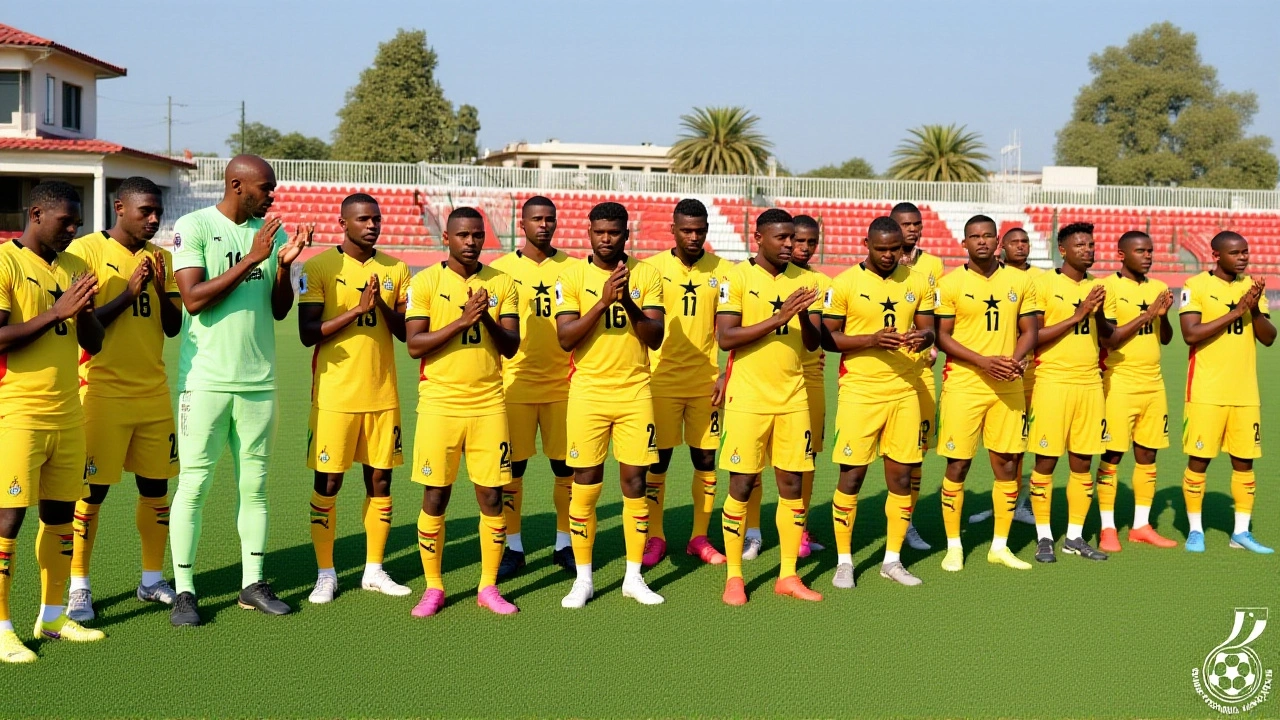Comoros – Politics, Tourism, Culture and Economy Explained
When talking about Comoros, a volcanic island nation in the Indian Ocean. Also known as Union of the Comoros, it sits at the crossroads of Africa and the Middle East, juggling a rich cultural mix with pressing development goals. The archipelago consists of four main islands, each with its own flair, and a population that speaks French, Arabic and several local languages. Understanding Comoros means looking at its geography, its economic drivers, and the political climate that shapes daily life.
One key player in the country's story is the Indian Ocean, the third‑largest ocean that frames the islands and influences their climate. The ocean not only provides fishing wealth but also sets the stage for tourism, which the government promotes as a sustainable growth engine. Tourism in Comoros is still emerging, yet the pristine beaches, coral reefs and spice plantations offer a unique draw for eco‑travelers. Successful tourism requires stable infrastructure, reliable transport, and—most importantly—political stability.
How Politics, Economy and Culture Interact
The island nation’s political stability, the ability of government institutions to maintain order and implement policies directly affects its economic prospects. Recent elections have sparked debates about constitutional reforms, and analysts note that a more transparent system could attract foreign investment. Economic plans focus on diversifying beyond agriculture, with goals to boost renewable energy, improve port facilities, and expand digital services. When political leaders prioritize good governance, the ripple effect reaches schools, health clinics, and small businesses across the islands.
Culture in Comoros is a vibrant tapestry woven from African, Arab, and French threads. The culture, the shared traditions, music, cuisine and festivals that define daily life is evident in the island’s famous vanilla, the rhythmic ndzwani drums, and the colorful Mahora festivals. Cultural preservation becomes a tourism asset: visitors come for authentic experiences, and locals gain new markets for crafts and performances. This synergy shows how culture influences both economic growth and social cohesion.
Putting these pieces together, we can see a clear set of relationships: Comoros encompasses a group of islands; the Indian Ocean frames its geography; political stability influences economic development; tourism relies on both natural beauty and stable governance; and culture enriches the visitor experience while strengthening community identity. These connections form the backbone of any news coverage about the nation.
Below, you’ll find a curated collection of recent stories that illustrate these dynamics. Whether you’re tracking the latest parliamentary debates, looking for updates on new hotel openings, or curious about how traditional music is being recorded for global audiences, the articles provide the context you need to stay informed about Comoros today.

Black Stars seek fifth World Cup at home vs Comoros in Accra
Ghana's Black Stars host Comoros at Accra Sports Stadium on Oct 12, 2025, aiming for a fifth World Cup slot, while the underdogs fight to stay alive in CAF qualifying.
Categories
- Sports (146)
- Politics (22)
- Entertainment (20)
- World (15)
- News (10)
- Lifestyle (8)
- Business (6)
- Technology (3)
- Health (3)
- Environment (2)



